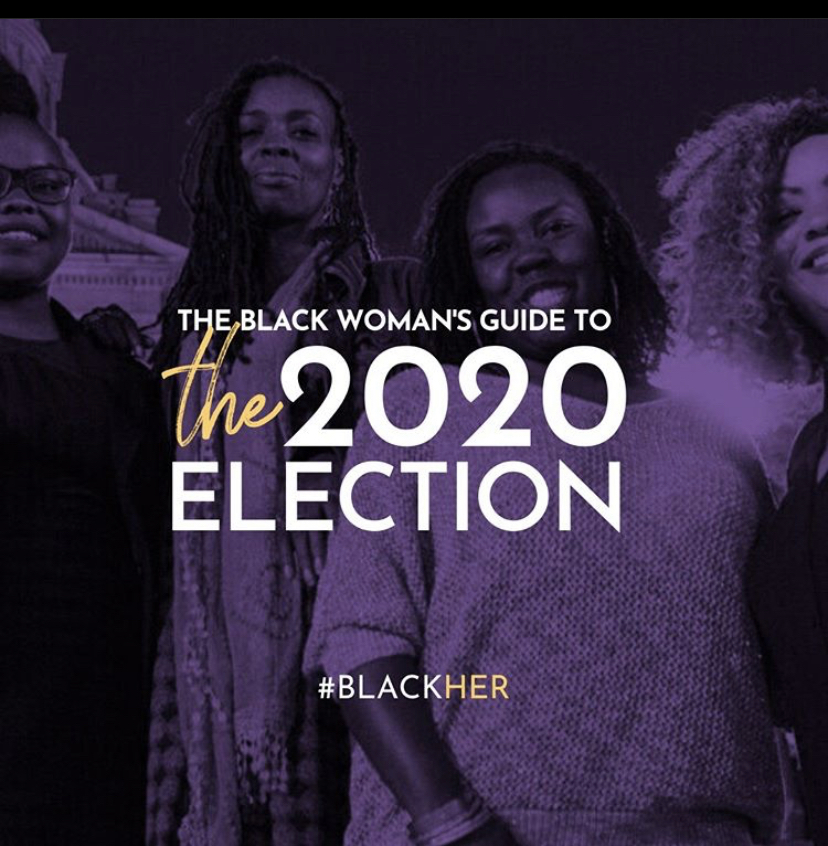[ad_1]
By Donna Lewis Johnson
Special to the AFRO
Two Black-led organizations focused on progressive change in the nation’s political, economic and justice systems have joined forces to launch #BlackWomenCount, an informational campaign to encourage Black women and everyone they know to take the 2020 Census.
On April 1, National Census Day, BlackPAC and BlackHer held a Facebook Live event to release a primer on why and how to complete the Census. “Black Women Count: The Black Woman’s Guide to the 2020 Census” explains when and where the Census takes place, addresses myths and provides tips for making sure Black communities are counted.
“We want to ensure that Blacks have the information they need to take the 2020 Census,” says Jocelyn Harmon, co-founder of BlackHer. “The guide is for Black women because Black women are anchors in many ways in communities.”

BlackPAC and BlackHer especially want to prevent the Census from undercounting the Black population. Their concern is rooted in history and a recent study by the Urban Institute.
“The U.S. has a long history of undercounting Black people,” according to the guide. “The first Census, undertaken in 1790, followed the methodology set out in the “three-fifths compromise,” a clause in the U.S. Constitution that imposed a ratio for valuing enslaved people in relation to free people.”
Citing research from the Urban Institute, the guide also says that 1.7 million Black people could be undercounted in the 2020 Census in association with a number of risk factors, including prison, gerrymandering and undercounting returning citizens.
The guide explains, “The Census counts incarcerated persons based on where they are incarcerated instead of where they lived before they were convicted. Due to the growth of prisons in rural America over the last 40 years, this has led to an over-count of rural populations and an undercount of urban communities.”
The coronavirus pandemic has increased the coalition’s undercount concerns because the Census Bureau has suspended field operations until April 15 to limit the spread of COVID-19.
Census statistics are used to determine the amount of federal funding allocated to U.S. communities.
“In some states, it’s estimated that undercounts lead to a loss of $1,500 per year per person in funding,” the guide warns. “Many federal programs—like Head Start, SNAP, and the National School Lunch Program—rely on census data to determine how much money each community gets.”
Additionally, Census data will determine the number of seats each state will have in the U.S. House of Representatives for the next 10 years, according to the guide. “The Census is a powerful political and economic tool,” Harmon said.
Every home should have received an invitation to participate in the 2020 Census by April 1, according to the Census Bureau. BlackPAC and BlackHer encourage Black households to complete the form right away and check “Black” for race to prevent undercounting of America’s Black population.
The Facebook Live event can be found on BlackPAC’s Facebook page.
[ad_2]
Source link


